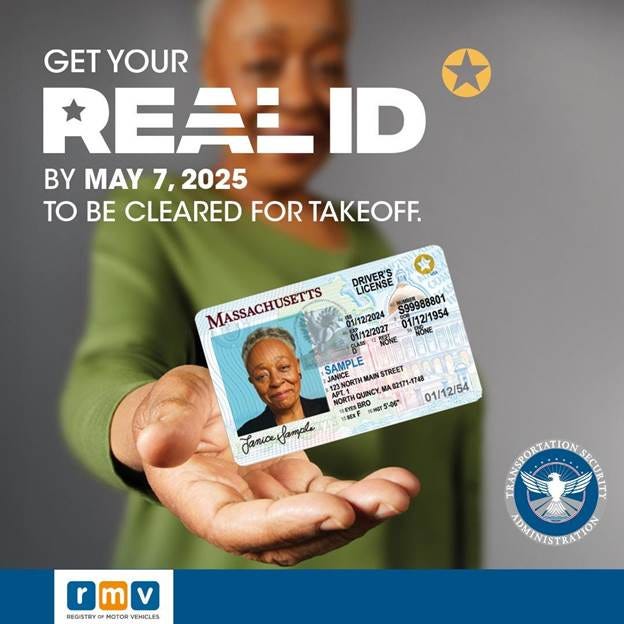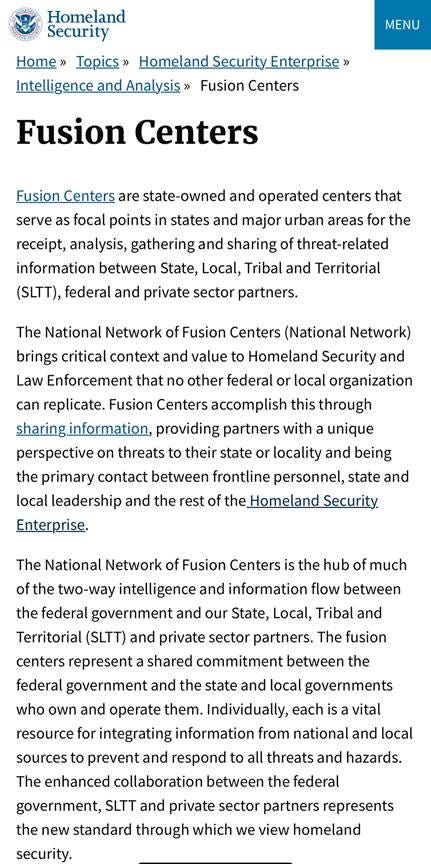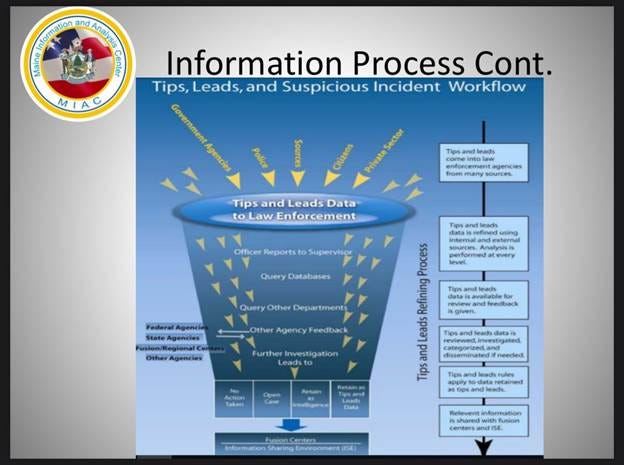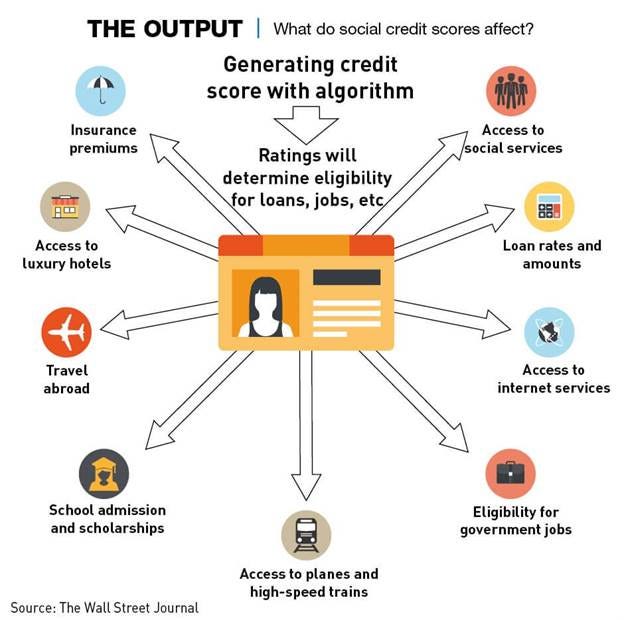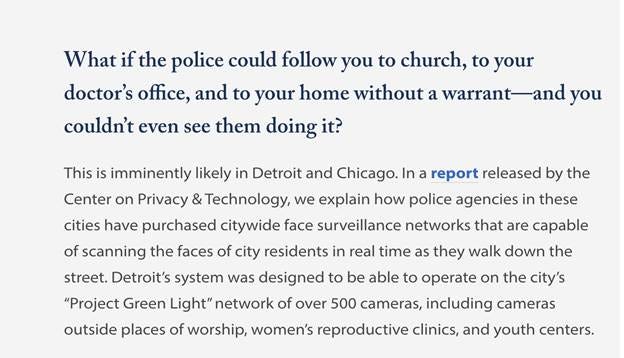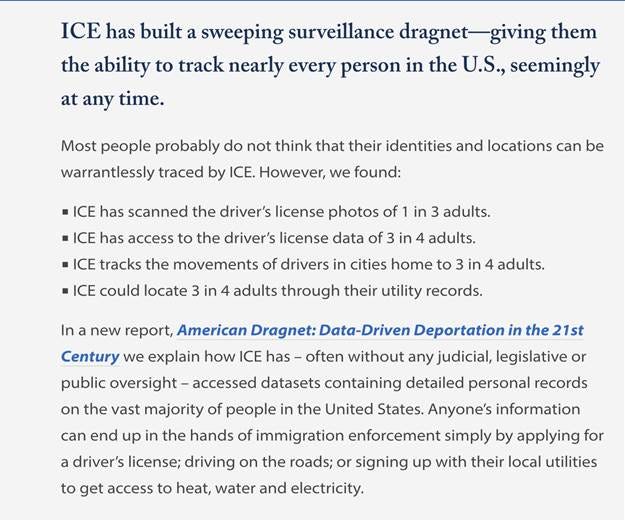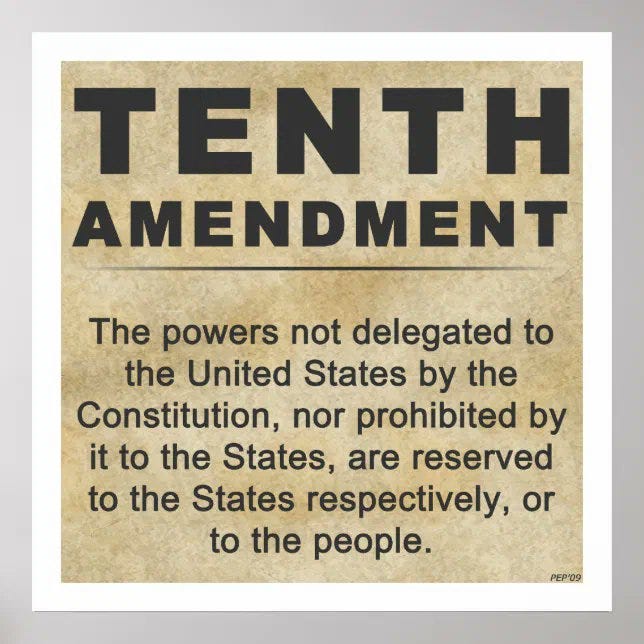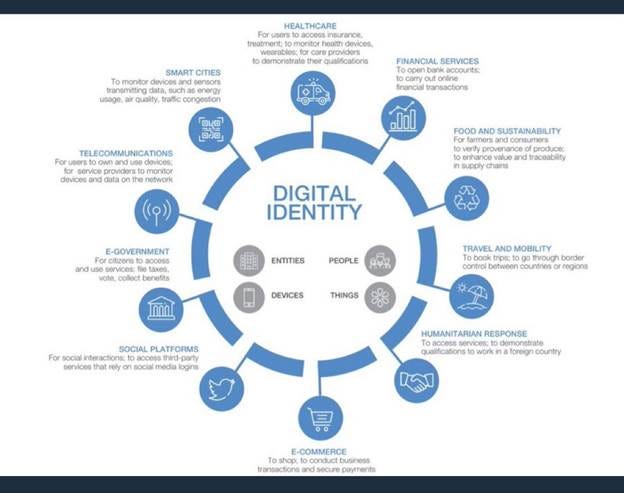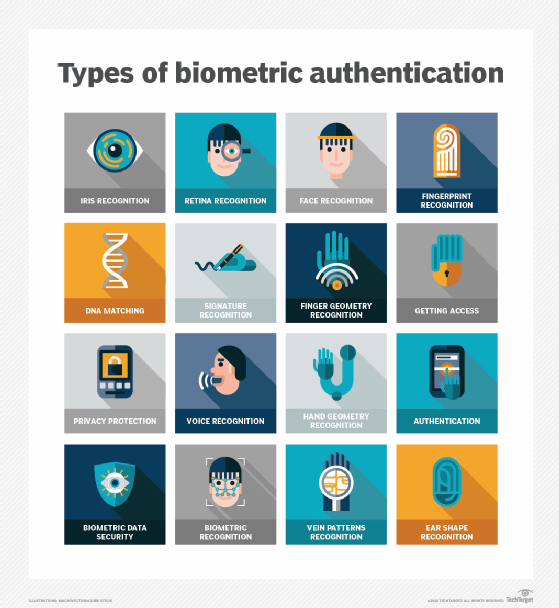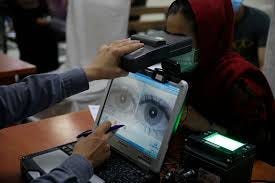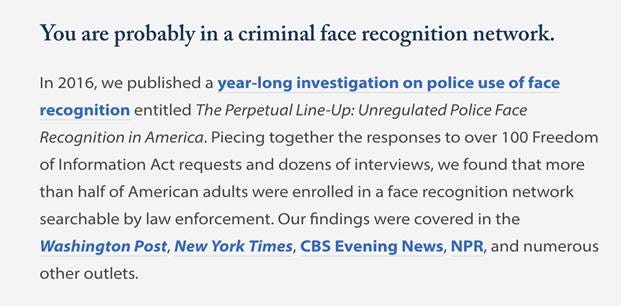REAL ID:
From State IDs to National Control
The Author of this article has recorded an audio version for those who prefer.
The Digital Infrastructure of Tyranny & How the American Way of Life Is Being Transformed Before Our Eyes:
The federal government has, for decades, steadily expanded its reach into areas that have been traditionally reserved for the states, and into the personal lives of individual citizens. This is not a sudden development, or something radically different that we’ve never seen before. It has happened gradually, with the quiet passage of laws without any substantive debate or critical examination. Hidden within omnibus bills, tucked into unrelated initiatives, these small violations slowly erode and undermine the foundational principles of American federalism, individual rights, and civil liberties.
This article explores what may be one of the most consequential examples of federal overreach in modern years. This is the REAL ID Act of 2005, a federal mandate that imposes uniform standards on state-issued driver’s licenses and identification cards. The REAL ID Act enforcement began on May 7th of this year, with full enforcement scheduled to phase in until May 5th of 2027. This benign sounding and seeming mandate lays the groundwork for an infrastructure that is at odds with the Constitution, blurring what has increasingly become a fine line between voluntary compliance, and coercion. REAL ID provides a stark example of the dangers posed when governments combine technology, matters of identification, and surveillance. I believe that we urgently need to address questions raised by legislation such as REAL ID related to individual privacy and agency, civil liberties, and the future of our American Constitutional Republic.
REAL ID shares its genesis with the origin of the Patriot Act, and the post 9/11 security overhaul. By creating a standardized ID, its stated aim is to prevent fraud and terrorism by creating additional security measures beyond our current state-issued driver’s licenses. REAL ID is supposed to make it easier to verify identity and create systemic synergy between states, federal, public, and private service institutions.
As an add-on to a military spending bill in 2005, REAL ID was passed with no meaningful public inclusion or referendum. This legislation was attached to a massive spending bill for the Iraq war and tsunami relief. The Founders emphasized public participation and consent. Burying enormously impactful initiatives within pages of unrelated legislation was never something they would have advocated for.
Using the same justification of increased federal control under the guise of safety, the Patriot Act, passed in 2001, massively expanded the government’s power to monitor communications, access personal records without a warrant, demand cooperation from third-party services such as banks and airlines, and it provided a path for investigating individuals without having to prove ties to terrorism. REAL ID is a progression of this increased security op.
After 9/11, the US established fusion centers; state-run intelligence hubs which collaborate with and facilitate information sharing with DHS, FBI, local law enforcement, and private sector institutions (banks, transportation and utility companies for example). These centers pull information that will also come from REAL ID systems, traffic cams, facial recognition databases, and private sources such as social media. There are over 80 fusion centers in the US. These centers create a form of decentralized, inter-linked surveillance ecosystem (a “fusion” of networks from many sources), and REAL ID feeds into them by creating verified identity records that are linked to each individual citizen, and which can be easily cross-referenced across platforms.
Fusion centers across the US currently compile suspicious activity reports, perform potential threat analysis, organize crisis response, and monitor the activities of private citizens through social media, participation in public activities such as protests and events, in facial recognition databases, license plate readers, geolocation metadata, camera footage, and commercial data from vendors who collect public/consumer data; essentially any information that can be gathered by law enforcement and passed on to federal law enforcement. Many of this surveillance and information gathering can be done without warrants because it is considered “open source.” This diverts around constitutional safeguards such as Fourth Amendment protections, and individual citizens have virtually no recourse—often being completely in the dark that this is even happening. Fusion centers are the creation of quasi-secret intelligence agencies-- hubs that operate on the state level but share data and cooperate nationally, essentially an intelligence nerve center, justified by invoking “public safety” discourse. The data from REAL ID will be (and already is) fed into these hubs. Even the Senate Homeland Security Committee in 2012 criticized fusion centers as presenting risks to Constitutional protections. And yet they continue to operate. In 2009, a report issued by Missouri’s fusion center (MIAC) labeled supporters of Ron Paul, Constitutionalists, and 3rd party candidates as potential extremists, causing public outcry. The Columbia Daily Tribune, in an article entitled “Militia report evokes flurry of criticism,” reported that “The eight-page MIAC report listed warning signs indicating someone might be a domestic terrorist or a member of a militia. The signs include subversive literature, certain political bumper stickers and the Gadsden flag of the Revolutionary War with its ‘Don’t tread on me’ motto.”
So…the constitutionally protected right of Americans to criticize their government puts us on a watch-list?
This is a perfect example of how political dissent can be labeled a threat. What happens when law enforcement or government agencies flag citizens in their databases as a threat, and we all have REAL ID? Will we be able to travel? What happens if REAL ID is expanded beyond its intended scope, and this impacts more than just travel and federal space access? We will even be notified if we have been flagged?
Currently, REAL ID does not create a single, centralized national database —data is still stored within states— until those states pass that information on to federal agencies. REAL ID requires states to comply with this information sharing; national level access to state level data, without ever needing to pass legislation to create a centralized, national database. REAL ID will provide the most streamlined method of sharing and confirming citizen’s identities we’ve ever had. Unprecedented.
In a January 2025 article for Govtech, titled “Citing Privacy Concerns, Lawmakers Target Real ID,” Michael Kebede, policy counsel for the ACLU of Maine says “Google gives you the ability to search thousands—millions – of databases with just one keystroke and that’s essentially how REAL ID is going to work.”
A 2020 article titled “Connecting California: You know what’s real about Real ID? It’s really bad for freedom,” for The Desert Sun by Joe Mathews states, “…by requiring Real ID for travel within the country, the American government is creating an ‘internal passport’ of the sort that oppressive regimes (like North Korea) use to limit their people’s freedom of movement, and to create distinct classes of citizens.”
REAL ID is how a sort of “soft” national ID becomes, in effect, mandatory. If citizens wish to participate in key parts of life, such as travel by flight, or enter federal spaces such as courthouses (which some people are compelled to do; court appearances, jury duty, lawsuits, custody battles, divorce, marriage licenses, etc.) or Congressional buildings to exercise their Constitutional right to petition their lawmakers, they will be forced to obtain REAL ID. If states and businesses require it, this shift into full-scale adoption will occur without any federal legislation forcing it outright.
REAL ID erodes our right to anonymity, increases surveillance, and concentrates power in the federal government and in tech companies in a way we’ve never had before. Technology is developing so rapidly that it is facilitating the bypassing of traditional precautions, and the fundamental attitude of Americans towards our constitutional rights is being covertly shifted. We are increasingly preferring the convenience of streamlined digital modes of operation, and the normalization of tech into our daily lives has shifted our priorities in ways that we may not notice. We immediately click “agree” on terms of condition that we never read, we synch all our devices and autofill our passwords, we use biometric data to access our phones and laptops, we use ApplePay instead of cash. All these little shifts in behavior normalize incremental changes in how we view and operate within the world, and REAL ID may feel like a normal, and convenient evolution in how we prove identity. These technological adoptions lead to us forgoing security and even individual responsibility. We outsource our security and liberties to leadership who will decide how we live—for the “greater good.” A Springer Nature study from 2023, titled “Real ID campaign raises questions about privacy concerns,” addresses this increasing willingness to surrender privacy in the name of public safety (and an increasing disinterest in constitutional rights). It says, “This research shows that privacy concerns about a new technology or identification system, such as the REAL ID, can erode over time. Whether these changes are due to mounting privacy apathy triggered by the public’s perceived lack of control, or a willingness to sacrifice some privacy for national security in the face of rising terrorist threats needs to be researched further.”
9/11 was the justification for the Patriot Act. It was this legislation, passed under the guise of security, that has been turned inward domestically on American citizens, granting sweeping pathways for surveillance and potential lawfare. Now we are faced with additional issues related to national security such as immigration, and people want these problems solved. Here's the government with their solution: a de facto national ID, an efficient way of proving identity, and ensuring national security. A continuation of the Patriot Act. Are we offering our sovereignty up on the altar of security? Benjamin Franklin gave us a quote we would be wise to remember: “They that can give up essential liberty to obtain a little temporary safety deserve neither liberty nor safety.”
REAL ID is not only a threat to the individual, but also a threat to state’s rights. It undermines state autonomy and due process. It violates the principle of federalism, a cornerstone of the American system of governance. It opens the door to more data sharing and federal control over identity. The Constitution does not give the federal government the authority to set the standards and requirements for state-issued IDs—that power is reserved to the states under the 10th Amendment. The 10th Amendment states: “The powers not delegated to the US by the Constitution…are reserved to the states respectively, or to the people.”
Driver’s licenses are issued by states, each of which sets their own rules for things like testing, eligibility, fees. This is state sovereignty, constitutionally protected. With the REAL ID system, the states will still control the licensing process, but because these are federal requirements states are being pressured to adopt, it is functionally creating a national ID system. Without calling it such-- a national ID.
Jim Harper, a nonresident senior fellow at the American Enterprising Institution wrote in 2022 “Some deny it, but REAL ID is emphatically a national ID. It is national in scope, knitting together diverse state systems into a system uniform with respect to its data elements and behind-the-scenes information sharing. It is used for identification. And it is practically required, as driving legally is conditioned on having a state-issued document.”
This is a federal objective being imposed by the federal government, commandeering state resources. It is unconstitutional. The federal government cannot force state officials to enforce federal laws (see Printz vs. the United States for a court case), but this is being overridden by the implementation of REAL ID. This same bullying tactic by the federal government is how they forced states to implement a 21+ drinking age (South Dakota vs. Dole); they threatened to withhold highway funding if states did not comply. Coercion can be soft force. It can be opt-in. While REAL ID does not directly force state compliance, it uses funding and the Commerce Clause to make access to resources and freedom conditional. The price for noncompliance is non-participation in public life. A conditional regulation scenario. This creates a kind of cooperative federalism, sneakily working around the 10th Amendment. Sovereign states become more federalized by accepting federal standards that state-issued documents fulfill, also complying with data storage and retention requirements.
REAL ID enables centralized control. Centralized control was something the Founders feared, and took great pains to guard against while drafting our system of governance. It is the infrastructure of tyranny. We have the tools to resist this already available to us—our founding documents and the natural rights enshrined in them. We have courts that should limit federal government overreach. We have state sovereignty. But because we have corruption, politicians looking only for their own special interests, politicized courts, the collaboration of NGOs and global organizations with whom our government has begun ceding our sovereignty to, and a population conditioned over time to be increasingly amenable to (and even advocating for) a collectivist and progressive form of governing—we are losing the battle for our freedom. This is an existential threat to our very way of life. If we eventually lose our ability to travel at-will, accept constant monitoring and tracking, lose consistent access to our money, have restrictions on our speech or association, are forced to accept medical procedures such as vaccinations, are coerced to submit our biometrics, cede our borders and national sovereignty to global governing bodies, our lives will be unrecognizable from those which we enjoy today. These are all the possible (and I would argue, inevitable) outcomes that will be facilitated by infrastructure such as REAL ID and digital ID. We're on our way. As we adopt new technology and welcome the conveniences they provide, we must ask ourselves whether we are choosing to purchase convenience and security at the cost of our Constitutional rights.
REAL ID is blatant scope creep. Requiring federally compliant and state-to-state interoperable identity infrastructure, sold for now as a requirement only for flying & access to federal spaces, leaves the door wide open for further expansion. Some states are already adopting its use for other purposes. It could eventually be required for voting, firearm purchases, banking, accessing public benefits, employment, renting/housing. Each of these uses would expand the role of REAL ID beyond the scope of its stated original intention. Just like the Patriot Act, passed “just for increased security,” REAL ID opens the door to a surveillance infrastructure without any real way to opt-out. It is a digital surveillance apparatus in the making. It effectively creates a centralized national database by virtue of its requirements for state-to-state and state-to-federal sharing, & federal uniform standards for compliance. If every state must link their data, & follow federal standards, this creates a national tracking system without ever having to create one single, centralized national hub. It enables a kind of quasi-national database by requiring state compliance in data sharing.
This is the framework for further identity functions, such as digital ID.
The infrastructure for increased biometric-gathering technology is set up. In the future, it could require biometrics such as fingerprints, retina recognition and facial scans. Some institutions are already doing some of this, such as DMVs and airlines. We can look to other countries that are already requiring de-facto national ID, including biometrics), such as Germany (Personalauweis), India (world’s largest biometric ID system), China (resident identity card and social credit integration), Mexico (CURP). Other countries are considering or piloting a national ID system which may also incorporate biometrics; Canada and Australia—the UK has currently abandoned their project as of right now but could implement it in the future.
The expansion of biometrics and passive tracking is occurring more often, and law enforcement is already using tech such facial recognition and license plate scanners. All of this can lead to real-time, automated tracking with minimal transparency or oversight.
People are being conditioned to accept invasive bodily intrusions as “normal.” They may not feel invasive to people, but agencies storing unique physical identifiers such as faces and fingerprints and having the ability to instantly and seamlessly share that information across states and agencies is indeed very serious.
Ironically, there are grave security concerns within this system that is being sold under the guise of “security”, with the possibility of hackers accessing the data of citizens, all contained in one source via their REAL ID.
In a 2005 interview with NPR, law Professor Peter Swire (of Ohio State University) stated “The federal standard actually creates new risks, because now if you’re in South Carolina, people in Idaho in the DMV that you don’t know much about can pull it up, and when we have a national computer database of that sort, all these systems linked together, there’s a lot more risk that there’s going to be a breach somewhere. We’ve seen the big data companies, who are professionals at this, have data breaches this year. The DMVs are not going to be better than that.”
With the framework laid by REAL ID, it will be easy to incorporate biometric data into a digitalized, centralized infrastructure that will enable further data sharing between states and federal systems. Databases containing personal identifiers are already sometimes accessible to law enforcement and federal agencies without a warrant. The Washington Post and Georgetown Law have reported that over half of all American adults are already in facial recognition databases without their explicit consent. REAL ID could expand this to every adult (and what about teenagers getting their driver’s licenses in the future?). This is a potential violation of the privacy guaranteed to us by the Fourth Amendment. REAL ID is the on-ramp and infrastructure for biometrics, and integration into full scale digital ID ecosystem. This is the on-ramp to even further dangers; from digital ID to a social-credit style system and central bank digital currencies (which may also be presented as “decentralized”). Autonomy conditional to compliance—easily withdrawn on the whims of a governing force intent on controlling every aspect of our lives. This is not true autonomy in any real sense, this is the threat of “opt-in if you desire to function in society.”
Civil liberties and privacy will be chilled by REAL ID. It lays the foundation and framework for a national ID system that threatens our way of life. It enables mass surveillance by tying us all into a huge ecosystem of data, which is easily accessible and shareable in ways that can be covert and potentially a violation of 4th Amendment protections (unreasonable search and seizure). They are increasingly linked to biometric data such as facial recognition. The data garnered from REAL ID are interoperable across various systems (i.e. individual states, agencies, private sector like banks, social media). A soft form of national ID which is essentially centralized facilitates tracking and monitoring.
The framework of REAL ID poses a threat to our constitutional right to due process by lacking clear pathways for individuals to challenge inhibitions imposed on them through the ID like errors, denial in issuance, or being flagged in a system. Georgetown University’s law school has previously reported on the dangers of facial-recognition databases (which contain few restrictions on law enforcement to search) and the difficulties citizens face when innocent people attempt to have their images removed from criminal databases that are rarely “scrubbed” of mistakes or routinely tested for accuracy (these technologies are not perfect, as has been observed with the difficulties facial recognition sometimes has with unique physical characteristics, such as for those with darker skin tones).
Imagine the infringement on liberties that could happen if this soft form of national ID is adopted for uses beyond what it is being sold for. If there are no clear channels to challenge these inhibitions, we are looking at a violation of our rights. Advocates say the path to challenge is through the state courts, but how long would that process take? In the meantime, how many restrictions will an individual have to endure? How much of a burden will this place on individual citizens? There are a lot of questions without clear answers at this point.
This is how Classical American Liberalism, and our founding principles are being lost. A slow erosion of our Constitutional rights, facilitated by courts that should be acting as the bulwarks to unjust attacks. The gold star on the REAL ID signals our individual compliance with governmental overreach. The future will be opt-in tyranny, not kinetic war, or martial law imposed by the government. If you wish to participate in social life, you will “opt-in” to their demands.
Since its passage, the REAL ID Act has been an issue with bipartisan concerns; vocalized by members of both parties. It should not be politically divisive. That it is a threat, and that it is anti-American should be common sense to all. We should be able to acknowledge this and come together to fight further encroachments on our freedoms.
The Spirit of America is Liberty. We cannot continue to accept further and further encroachments on our rights. We cannot afford to turn a blind eye and an apathetic heart to our dissolving freedoms. Acquiescence is the antipathy to the American Spirit. Resist and fight by rejecting tyrannical infrastructure such as digital ID, biometrics, central (or decentralized) digital currency, and other initiatives that facilitate governance by technocracy.
If you don’t already have REAL ID, don’t get it. We can still use our passports (among other alternatives), and we can still make our opposition and discontent known to our representatives. If you already have REAL ID, many states may allow you to “downgrade” back to a standard ID (“federally non-compliant”) but the allowances for this depend on the state, so you need to check beforehand to see what their requirements are. Let your representatives know that REAL ID is an unconstitutional overreach.
Reject tyranny and fight for liberty. That is the American way.
Sources:
“Fusion Centers: Too Much (Bad) Information”
“Militia report evokes flurry of criticism”
“American Dragnet: Data-Driven Deportation in the 21st Century”
https://americandragnet.org/
“Racial profiling, by a computer?”
“The Perpetual Line-Up: Unregulated Police Face Recognition in America”
https://www.law.georgetown.edu/privacy-technology-center/publications/the-perpetual-line-up/
“The Real ID Act Raises Privacy Issues”
https://www.npr.org/2005/05/06/4632952/the-real-id-act-raises-privacy-issues
“America Under Watch: Face Surveillance in the United States”
“Real ID campaign raises questions about privacy concerns”
https://link.springer.com/article/10.1007/s12198-023-00258-0
“Connecting California: You know what’s real about Real ID? It’s really bad for freedom”
“Citing Privacy Concerns, Lawmakers Target Real ID”
https://www.govtech.com/public-safety/citing-privacy-concerns-maine-lawmakers-target-real-id
https://www.usa.gov/real-id#:~:text=The%20REAL%20ID%20Act%20is,license%20to%20a%20REAL%20ID?
Liberty Belle the 355 posts on X in advocacy for a revival of Classical American Liberalism & in opposition to collectivist ideologies. Her convictions are rooted in the belief that liberty begins with the individual, and that society thrives when individuals are free to think, speak, and act independently.




